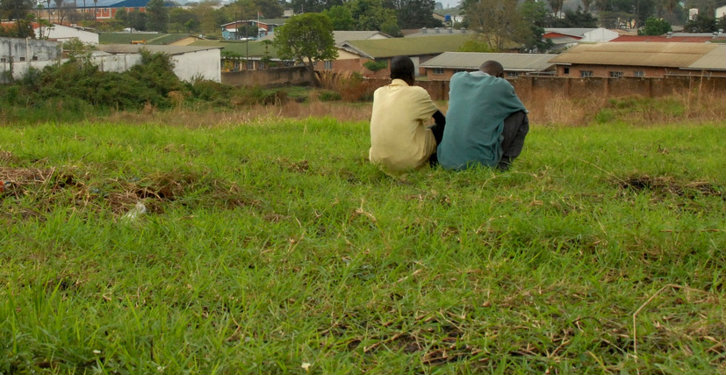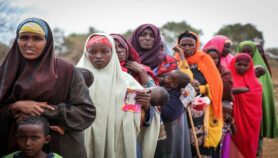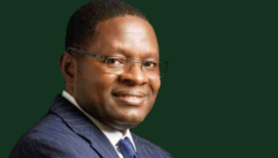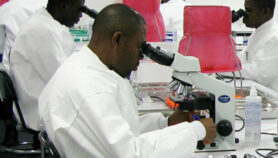By: Esther Nakkazi
Send to a friend
The details you provide on this page will not be used to send unsolicited email, and will not be sold to a 3rd party. See privacy policy.
[KAMPALA] The Ugandan anti-homosexuality bill that was passed into law last month (25 February) has attracted opposing views on its potential impact on healthcare access.
Before the bill became a law, Uganda’s President Yoweri Museveni consulted a team of scientists from the country’s Ministry of Health and Makerere University to determine whether genetics has a role in homosexuality.
But the scientists say they do not know of any definitive gene responsible for homosexuality. The scientists add that the practice could be learned through, among others, experiences and peer pressure.
“It will drive gay Ugandans away from health services out of fear of arrest and violence.”
Asia Russell, Health GAP
“In every society, there is a small number of people with homosexuality tendencies and the practice needs regulation like any other human behaviour, especially to protect the vulnerable,” says the team that was led by Wilson Byarugaba, the former head of Human and Molecular Genetics, Department of Pathology, Makerere University.
The scientists call for “further studies to address sexuality in the African context”.
But Frank Mugisha, a Ugandan gay activist tells SciDev.Net that Museveni's scientific inquiry was “done to hide the real reason for the law”.
Asia Russell, director of international policy for Health GAP, a US-based organisation that promotes the rights of people living with HIV/AIDS, says: “This harmful law undermines human rights, promotes discrimination, and will sabotage the fight against HIV. It will drive gay Ugandans away from health services out of fear of arrest and violence”.
He adds: “Ironically, it criminalises the efforts such as those of the Ministry of Health to establish clinics for men who have sex with men, announced late in 2013. These populations need services, not criminalisation”.
Vanessa Kerry, CEO of US-based Seed Global Health, says: “We are restricted from safely sending volunteers to Uganda who are lesbian, gay, bisexual or transgender themselves”.
Seed Global Health supports US doctors and nurses who help train a new generation of medical and nursing providers in Uganda and other countries.
But according to Uganda’s former vice-president Speciosa Wandira-Kazibwe, who is now a senior adviser to the president on population and health, the law will not affect healthcare delivery.
“When people go to hospitals, they are treated not according to their sexual orientations but as human beings seeking to be healed. I do not see any interference in the normal flow of business on account of the [signing of the] anti-homosexuality bill into law,” says Wandira-Kazibwe.
Museveni’s action has elicited a sharp reaction from some Western donors, with Norway indicating that they will not give Uganda US$8 million in development aid, and Denmark declaring to avoid giving US$9 million to the government as a protest, as reported in the UK-based Guardian last month (25 February).
The United States and Austria have said they are reviewing their funding, while the United Kingdom says it will continue to support Uganda through other means.
But Wandira-Kazibwe defends Museveni’s action, saying: “On Uganda's relations with the West, the president already expressed his opinion and as the head of this country, his wisdom has to be respected”.
This article has been produced by SciDev.Net's Sub-Saharan Africa desk.














